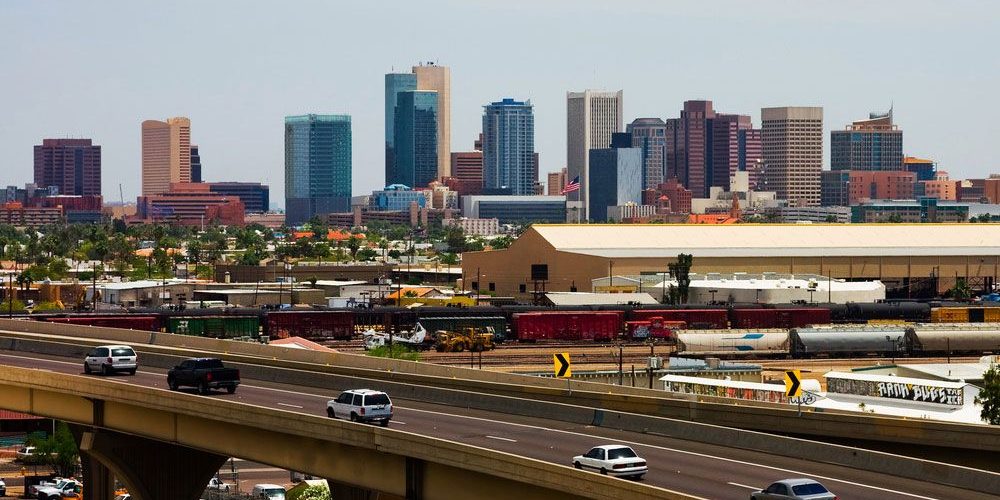The Arizona business community sounded the alarm at a recent hearing at the state Capitol over federal air quality standards that are likely to negatively affect the state’s economic growth despite efforts by job creators and state and regional governments to reduce greenhouse gas emissions.
Danny Seiden, president and CEO of the Arizona Chamber of Commerce & Industry, testified to the Joint Legislative Ad Hoc Committee on Air Quality and Energy that the Environmental Protection Agency’s oversight of the Clean Air Act of 1970 has undermined the spirit of state-federal cooperation that defined the legislation at the time of its adoption.
“This is supposed to be a cooperative process, and we can find solutions,” Seiden said. But he noted that the Greater Phoenix region is poised to move from its current designation of “moderate nonattainment” under federal air quality standards to “serious nonattainment” and that a proposal of even stricter standards being implemented following a multiyear review process would be “near impossible (to meet) with the control measures that we have.”
Draft revisions to the National Ambient Air Quality Standards would, according to the National Association of Manufacturers, put at risk more than 300,000 manufacturing jobs nationally and would put more than a half-million jobs in a nonattainment zone by 2027.
The serious nonattainment designation will mean new regulations on all types of businesses, not just large industrial employers like manufacturers, and the burden will be borne not only by existing businesses but will also be a drag on future economic development.
Seiden said companies eyeing expansion in Maricopa County make scientific estimates of their likely emissions levels, particularly ozone. “If it crosses a certain threshold, you’re required under Title V of the Clean Air Act to get something known as a New Source Review Permit.”
The problem, though, Seiden said, is that those permits can only be obtained in a nonattainment zone through the purchase of emission credits, known as offsets. But in Arizona there are no credits available.
The Maricopa Association of Governments, which has responsibility for air quality in the greater Phoenix region, has been waiting since 2019 for a response from EPA on proposals to adopt new, nontraditional emissions offsets.
EPA’s foot-dragging was raised by Rep. Debbie Lesko, R-Ariz., in a June hearing of the House Energy & Commerce Committee. An EPA official at the hearing provided little insight except that the agency was aware of the request. The agency official acknowledged, however, that EPA could provide a supportive role to states and air quality districts in finding creative air quality solutions.
At the state hearing, Seiden gave the panel a hypothetical example of a company seeking to expand its operations in the Valley that might offer to electrify a school district’s bus fleet. Under the current rules, however, the company would not receive credit for doing so even though it would result in a reduction in emissions.
Still, Seiden said, even the most extreme examples of emission reduction would have little impact on the region’s ability to reach attainment, including even removing every vehicle from the metropolitan area’s roads.
Seiden stressed throughout his remarks, however, that his appeal to lawmakers and to regulators is not out of a desire for businesses to dodge any responsibility for cleaner air, and he touted job creators’ success over the last 20 years to reduce greenhouse gas emissions. But, he said, the business community is powerless to control the 80% of emissions that originate from outside the Maricopa County region nonattainment zone from places like California and Mexico and is further hamstrung by rules requiring any offsets to be obtained from within the nonattainment zone.
“We are being punished for what other states and other countries are doing,” he said, pointing out that even reducing air pollution in a neighboring state would not aid Arizona’s attempts not to be slapped with the serious nonattainment designation.
“There is a solution out there for us,” Seiden said. “However, if the goalposts keep moving, if we’re not provided flexibility in our offsets, we’re not going to be able to grow.”
















Add comment